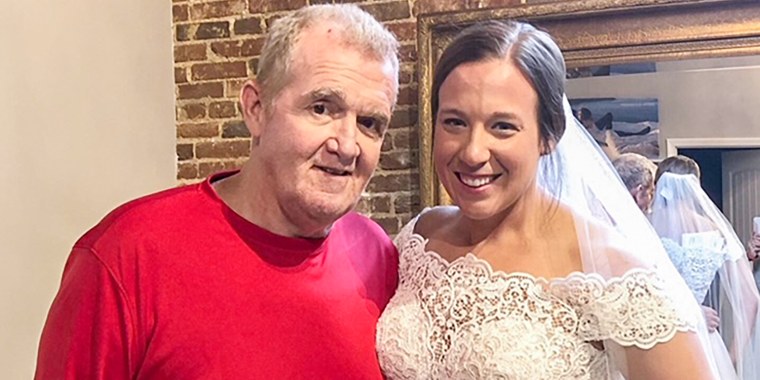Ginny Toman is a nurse and a new mother in St. Louis. In 2019, weeks before her wedding, her father died from progressive supranuclear palsy, or PSP, which is a neurodegenerative disease similar to Parkinson's, although more aggressive.
After her father died and while she was pregnant, she wrote a children's book called "Always In Your Heart," which she now hopes will be a resource for anyone else who is trying to explain to a child that someone who should have been a large part of their life is gone. She also hopes the book helps raise awareness of PSP. This is her story of watching her outgoing father turn into someone she didn't recognize, and what she wants the world to know about him — as well as the disease that took him.
My dad's name was John Seiler and he was larger than life. He was a successful businessman. He always lit up a room. He was such a good dad to me and my younger brother, Kevin, and such a good husband to my mom. We had an idyllic childhood. He gave us everything.
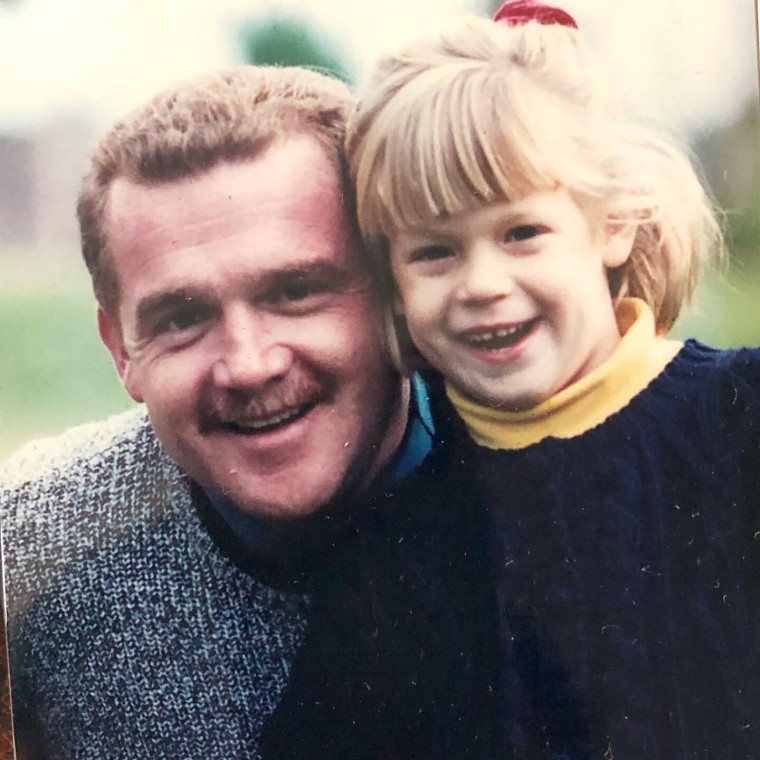
He was always laughing and talking and super outgoing, and all of a sudden, he just stopped. We were best friends. I took it kind of personally. Dad's not talking to me anymore. And whenever he did, he would say things that were a little off. I took him out to dinner with my mom to meet my now-husband, Scott, and before the dinner, I said, "You need to talk at dinner." And he didn't. Here I am saying that I really like this guy and I think it's going to turn into something, and he just didn't really talk.
He had two car accidents within a month of each other. By the second accident, my mom and I knew something was wrong. There had just been too many little things. We started the process of trying to figure out what was wrong, which wasn't easy, because it's such a rare disease.
We started with his internist, who sent us to a neurologist who sent us to a neurologist who finally sent us Dr. Gregory Day at Washington University. He said, "I think I know what this is, but I have to tell you guys, it's really bad, if it is what I think it is." He ended up getting diagnosed with PSP. From there, you just watch your loved one deteriorate before your eyes, and it's heart-wrenching.
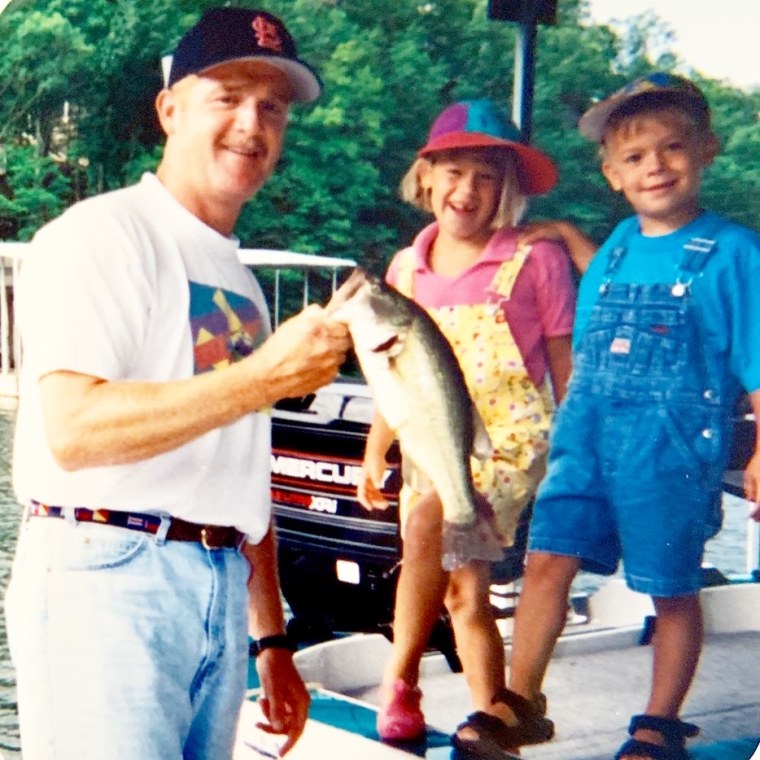
He couldn't really talk. He couldn't really walk. He was falling. My mom had to hide her car keys so he wouldn't find them, because he would forget that he couldn't drive. We had to do an alarm system on all the doors on our house, so we would know if he was trying to get outside. Everything he did was unpredictable.
After a year of my mom being the sole caregiver, we ended up finding somewhere for him to live, because she just couldn't do it. He was a big guy — he was 6'3, she's 5'2 — and it wasn't feasible anymore. And it wasn't safe, frankly — even with me having a nursing background and friends and family who really stepped up.
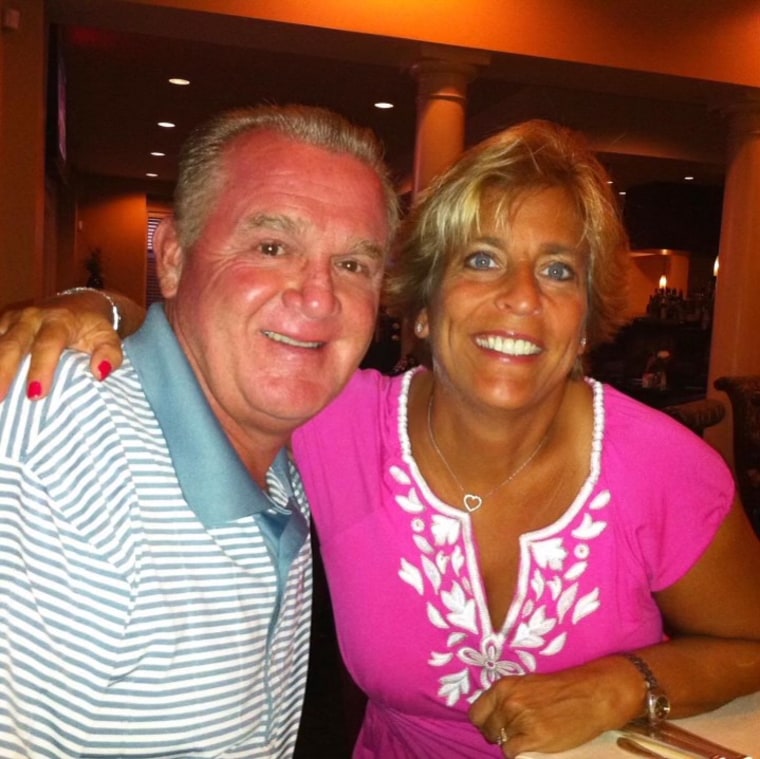
The day we took him to live in a home — I hate calling it that, but that's what it was — was one of the worst days of my life. It was so real. We would visit him and talk to him and he wouldn't say a lot but he would occasionally smile, and you could tell he was in there, somewhere.
He was 57 when he was diagnosed and 59 when he passed away, on Jan. 1, 2019.
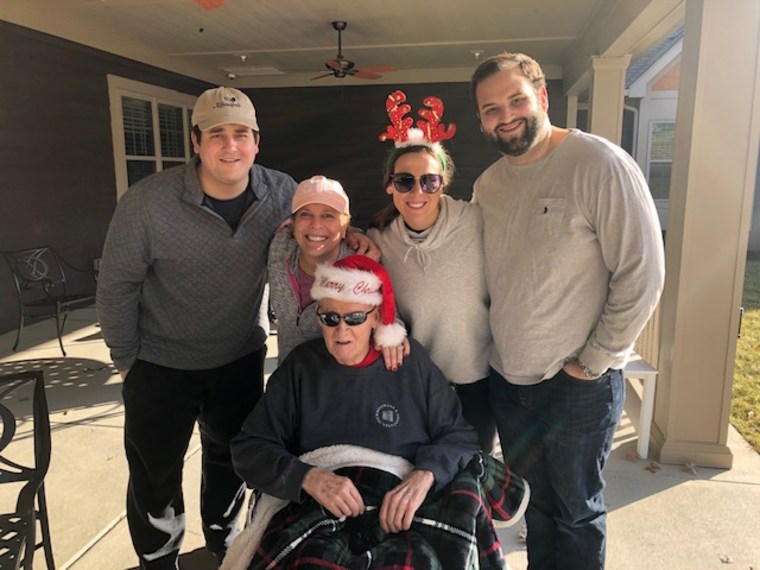
We got married on March 23, 2019. Before that, I took my dad to my dress fitting, so he did see me in my wedding dress, and we got a picture together. He didn't have complete control over his face, but he had a little smile. To this day, it's one of my favorite pictures. I put it right in front of me at the head table at our wedding so that he would be there with me and I could see him.
I found out I was pregnant the week before the world shut down (due to the coronavirus pandemic). I was really excited, but there was also that pit in my stomach, knowing that my dad wasn't going to be there.
One day I was sitting on the beach with my husband and I said, "I have this crazy idea. I think I want to write a children's book about explaining to a child that someone who would have been very present in their life died too soon or just didn't make it to meet them." I started looking for (a book like that), and there wasn't anything. So I wrote the book. It's powerful because people who want their kids to meet someone (who has died) and they don't get to, it's a pain that you can't really explain unless you've experienced it. I know it hurts to talk about those loved ones, but I think it's so important to keep sharing those stories and memories and keep them alive in your heart as much as possible.
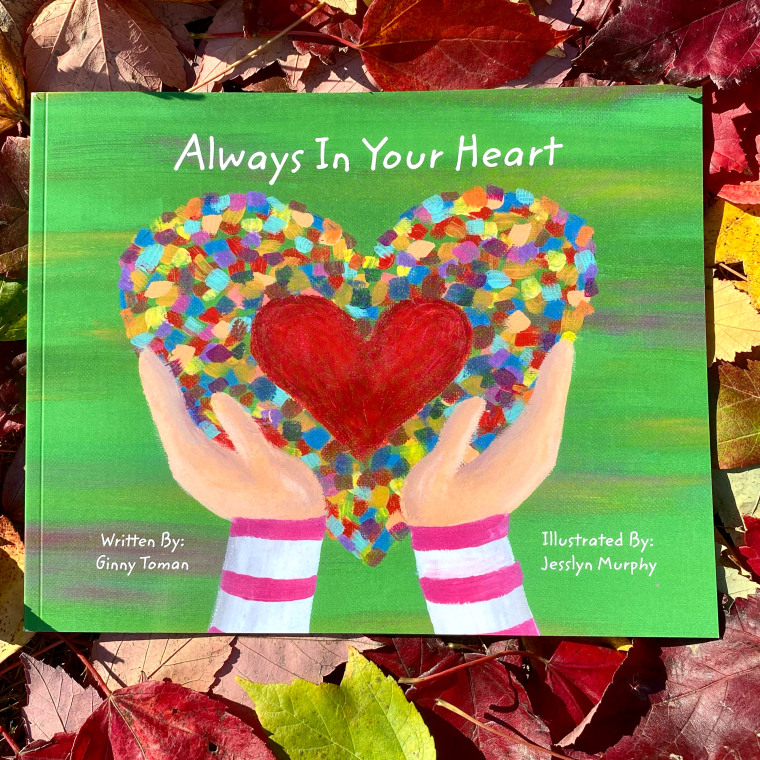
My daughter was born in November. We read the book and then we talk about her Pops up in heaven. I never want her to feel like she doesn't know who he really was. Throughout the book, I tried to hide little things about my dad: His initials are in a tree, there's a race car and the number on it is his birthday. The skyline is of St. Louis. On the back of the book is where I discuss PSP, because any time I get a chance to discuss PSP I want to, because I want more awareness so we can get more research, so fewer people have to go through this disgusting disease.
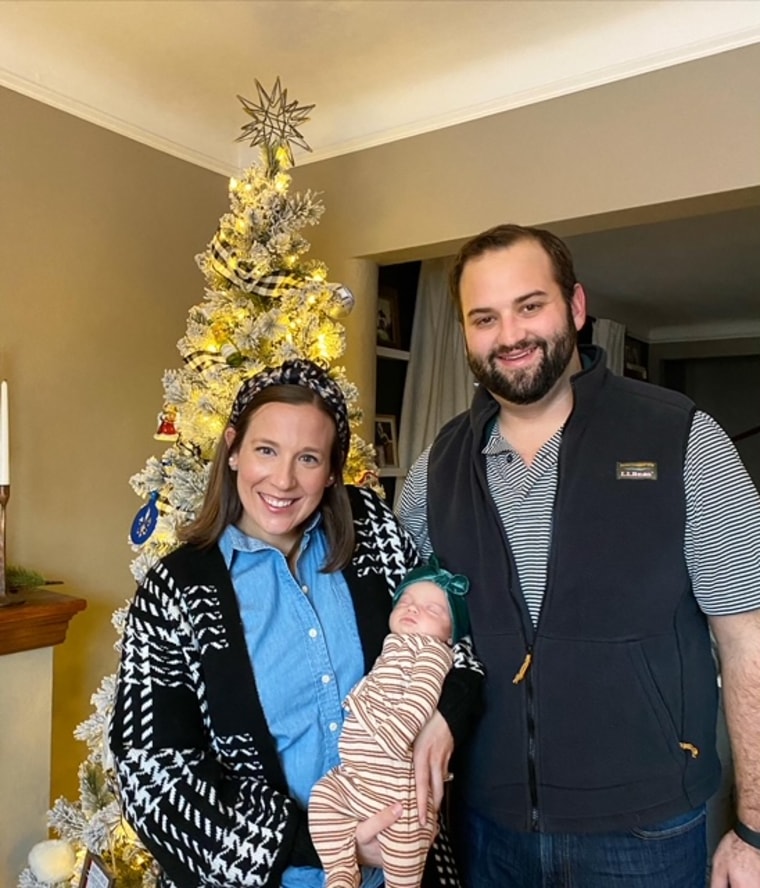
My father was my No. 1 cheerleader. He would have loved the book. And now we're hopefully helping people who want to keep sharing stories about their loved one, too.
As told to Rheana Murray. This interview has been edited and condensed for clarity.
